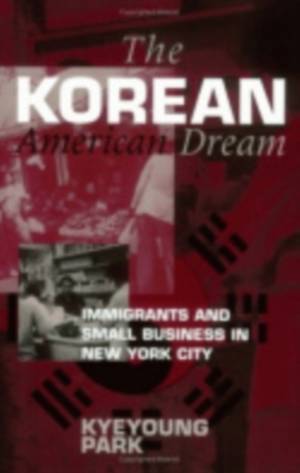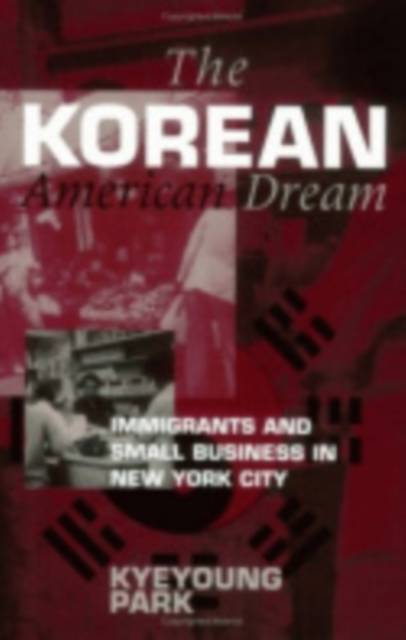
- Retrait gratuit dans votre magasin Club
- 7.000.000 titres dans notre catalogue
- Payer en toute sécurité
- Toujours un magasin près de chez vous
- Retrait gratuit dans votre magasin Club
- 7.000.000 titres dans notre catalogue
- Payer en toute sécurité
- Toujours un magasin près de chez vous
Description
Korean immigrants to the United States establish their own small businesses at a rate exceeding that of immigrants from any other nation, with more than one third of all Korean immigrant adults involved in small businesses. Kyeyoung Park examines this phenomenon in Queens, New York, tracing its historical bases and exploring the transformation of Korean cultural identity prompted by participation in an enterprise. Park documents the ways in which Korean immigrants use entrepreneurship to improve the quality of their lives, focusing on their concerns and anxieties, as well as their joys.
The concept of "anjong" is crucial to the lives of first-generation Korean Americans in Queens, Park explains. The word may be translated as "establishment," "stability," or "security," and it identifies a particular concept of success through which Koreans make sense of the American ideology of opportunity. What they seek is not great wealth or social position but rather the creation of their own small businesses as a way of realizing the American dream. The pursuit of "anjong" is important enough to justify changes in gender and kinship relations, resulting in the rise of a Korean American women-centered and sister-initiated kinship structure. Commitment to the concept has also inspired a different understanding of class, ethnicity, and race, and stimulated new religious ideas and practices.
Spécifications
Parties prenantes
- Auteur(s) :
- Editeur:
Contenu
- Nombre de pages :
- 256
- Langue:
- Anglais
- Collection :
Caractéristiques
- EAN:
- 9780801483912
- Date de parution :
- 10-07-97
- Format:
- Livre broché
- Format numérique:
- Trade paperback (VS)
- Dimensions :
- 154 mm x 232 mm
- Poids :
- 353 g







